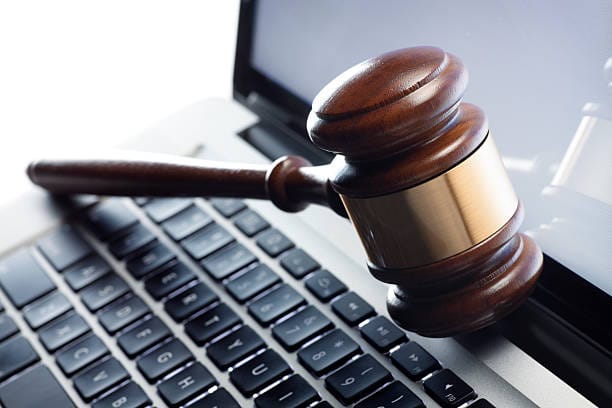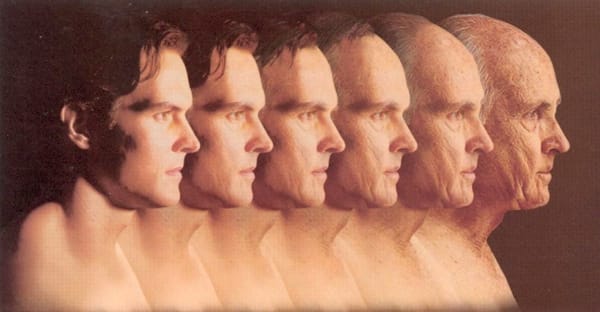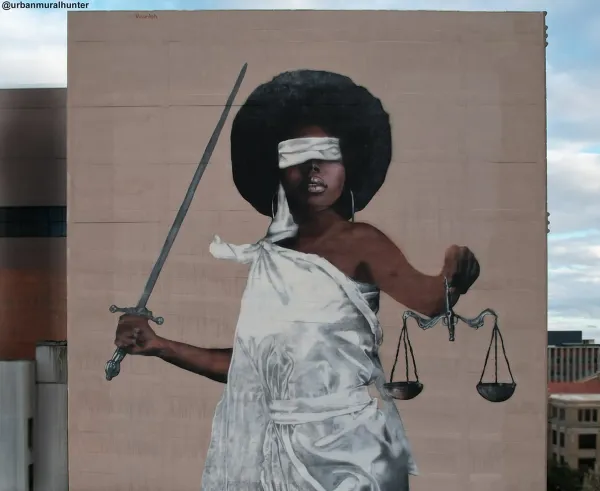Computers and Justice: Revisited

Without question, we are moving towards a society that is increasingly digitized. From industrial automation to AI art, our world is slowly moving towards a series of zeroes and ones. It begs the question then – should this tidal wave of tech make its way into our systems of justice? Is there a future for computer algorithms replacing the justices that sit at the helm of our courts today? I wish to revisit this question.
The most traditional argument for computerized justice is that of fairness. It is overwhelmingly clear that our judicial sectors are lined with tones of prejudice, whether it is against African Americans in the United States, or First Nations in Canada. There are a host of reasons for this that exist exogenously from the discussion of our justices: over policing of their communities, stereotypes that have been reinforced generationally and in our media, etc. Computers, in theory, should eliminate the ultimate step of this string of injustice: judges who, perhaps not even of their own volition, allow for subconscious bias to seep into their decisions. After all, how could a series of statistical inputs and outputs carry racial leaning?
Alas, it is never really so simple. Algorithms are still ultimately human creations – and hence require human inputs. Just as a judge requires years of law education in order to qualify themselves for the position of overseeing the court, a computer consumes data and statistics in order to make the same decisions. And data is racist. It is deeply prejudiced, often in ways even more nefarious than human bias, because it gives a veneer of objectivity.
The people who collect data – predominantly white, cis men who compose the majority of scientists and researchers – are more likely to look into demographics that reflect their own identities. Of the data that does exist of minorities, it is less likely to be heavily weighed in an algorithm’s training, as it is often perceived as unreflective of broader society.
Machines, therefore, operate on the same racist tendencies that the rest of society does. I would argue the more compelling reason for digitized justice is a philosophical one: the rule of law. We are all people with equal moral worth and dignity, and therefore should appear before the court with equal rights and treatment. At the very least, a computer will standardize the justice process. There will be no factor of moral luck, depending on which judge or jury one receives, that will play into guilt or innocence.
If nothing, it will be fair in that respect, and fairness seems to be remarkably scarce in the modern world of courts and gavels.




